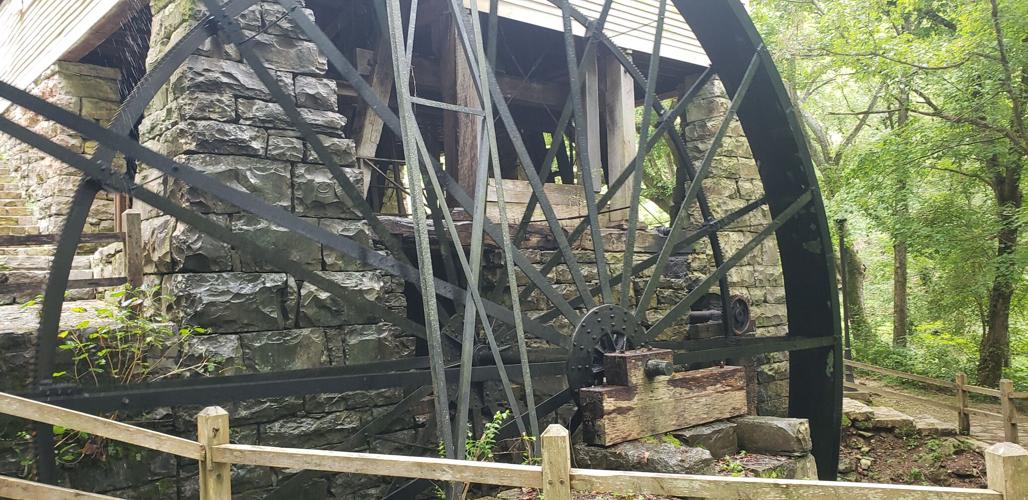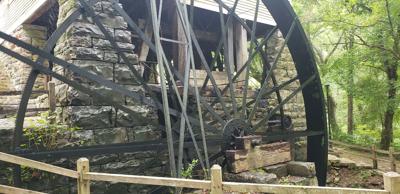LOUISVILLE (KT) - My great, great great grandfather built a corn mill in Mill Springs, Kentucky in 1877. For generations, the Roberts men in my family worked in the three-story mill, taking golden vegetables and grinding them down into the sandy, soft-yellow powder that is cornmeal.
The wooden mill, now painted white, is situated on a small hill near Lake Cumberland. A giant metal wheel connected to the back of the building rotates slowly and powers the mill to run on occasion, the water from nearby creeks gushing through it.
Mill Springs, a rural Kentucky town that witnessed Civil War battles - one home boasts that a hole in the wall was made by a cannonball - is home to strong echoes of innumerable stories. I can almost hear them as I walk down the speckled stone steps toward the humming mill. I want to shout, "I'm here!" and, "Look at this! The creation of my family, forged from fierce determination and incredible creativity."
I wish I could speak to the men who used water to grind corn, just once. What excited them? What frustrated them? What made them laugh? And yet I hear their strength in the grinding of the mill stone, see their faithfulness in the whoosh of the water. They built this. It lasted.
Their laborious days must have been filled with dusty throats, stuffy heat and aching limbs. Their work was physical, hand to earth and stone on stone. Still, they produced something worthy of selling, something useful and good.
I'm sure there were days that they themselves felt as if they were being ground up, pulverized into a powder from the never-ending work they had to complete. And while my days are in no way so physically demanding, there are times when life seems to grind me down to someone unrecognizable.
I imagine there are days when you feel that way, too.
If we were to view the world as a giant mill, we might see that we, too, are in the midst of a process. And the type of water that powers our mill determines the outcome of our process.
The mill of an unbeliever is a pointless, churning, empty, desperate thing. It is run by water from a broken cistern, and it grinds those that run through it into dust.
In contrast, Living Water powers the mill of a believer. As a result, God is working on us, transforming us into new people through the Holy Spirit. We call this process "sanctification," a fancy word that means we are sifted and refined, ground down through different circumstances, until we come through our mill as perfect creations to be used for God's glory.
For unbelievers, there is hope. When we trust in Jesus as our personal savior, the trials of our lives begin to seem momentary and light in comparison to the glory of our eternal outcome (2 Corinthians 4:17).
For believers, it is crucial that we remember, especially on our most difficult days, that we are being molded and refined into the image of our Creator.
My grandma has a sepia-toned photograph of her grandfather working at the mill. I like to think he thought about this mill in relation to the Lord working in us, but the realistic side of me thinks he was probably too busy to concern himself with such frivolous musings as a simile for sanctification.
I feel confident though, that while he may not have thought of the mill as an "always fun" place, he knew it was an “always good" place to be.
Above the door of the Mill Springs gift shop is a sign that advertises "water ground corn." If you get a chance to visit, take a few seconds to find the sign, and be reminded of the Living Water that transforms you.







